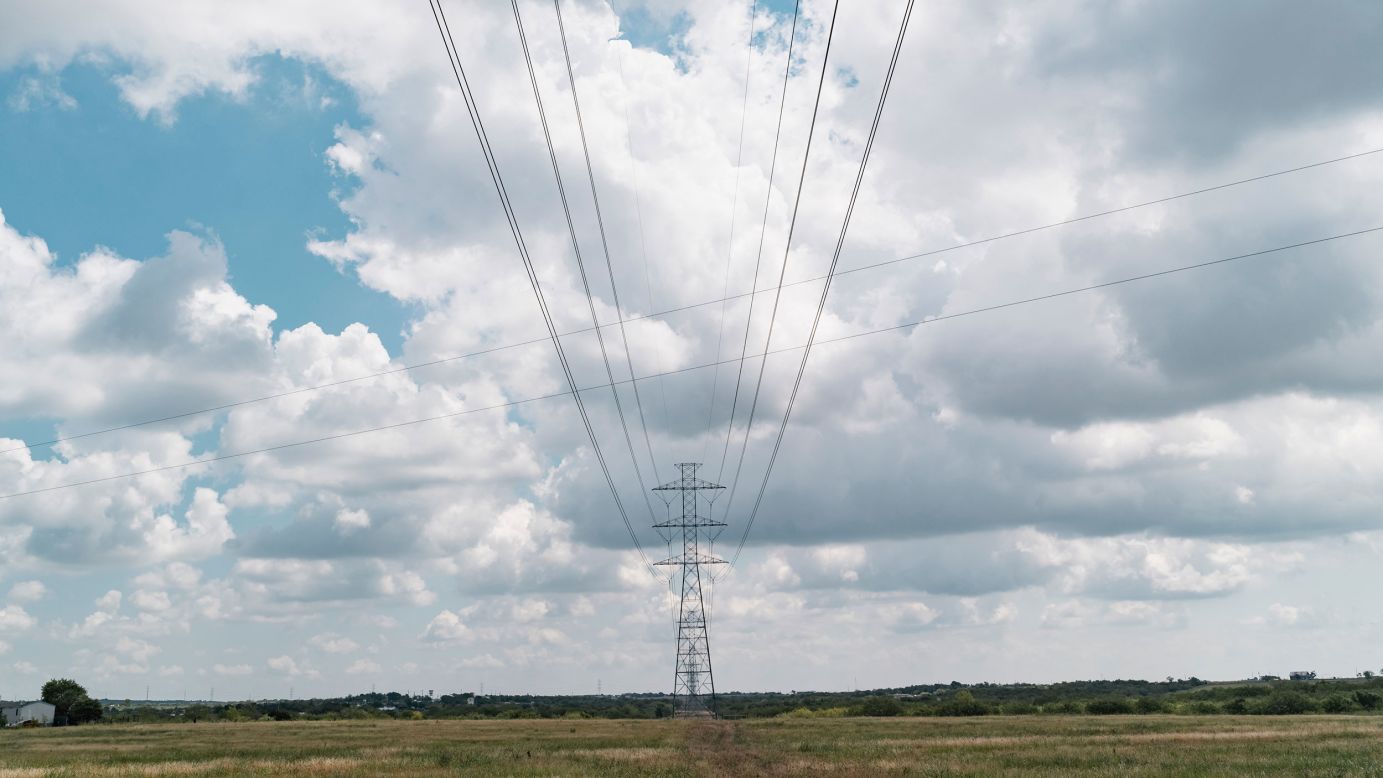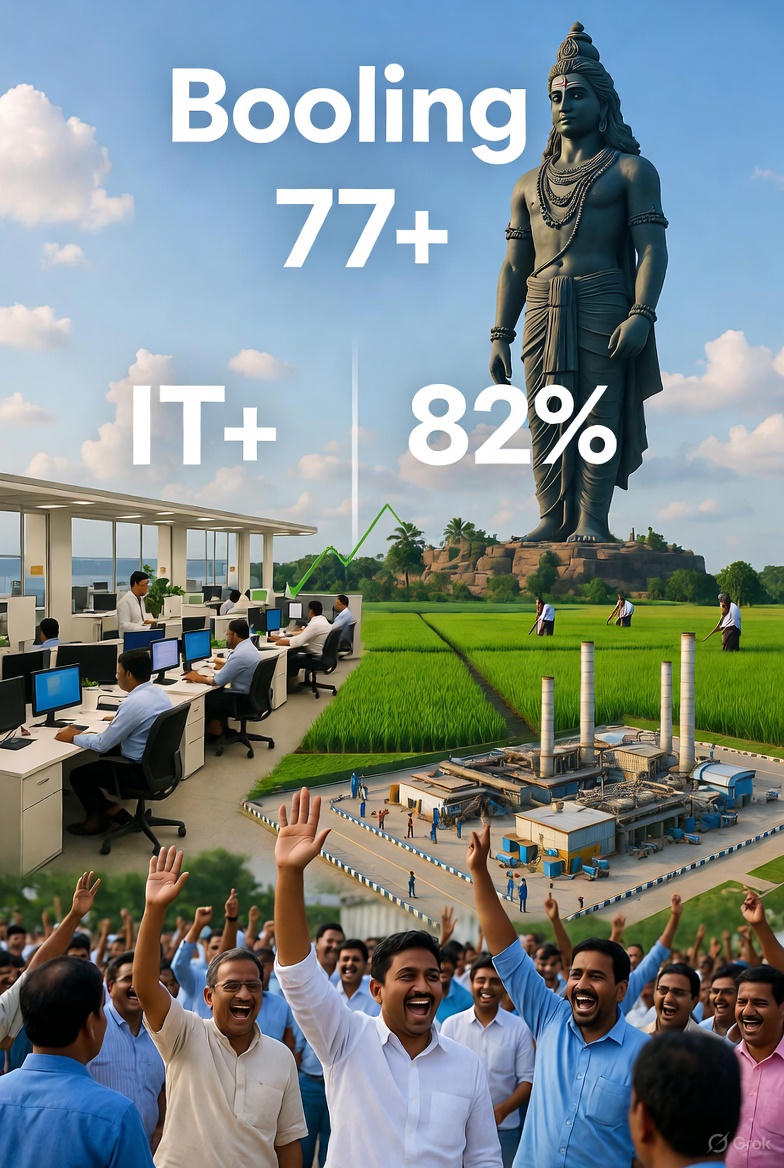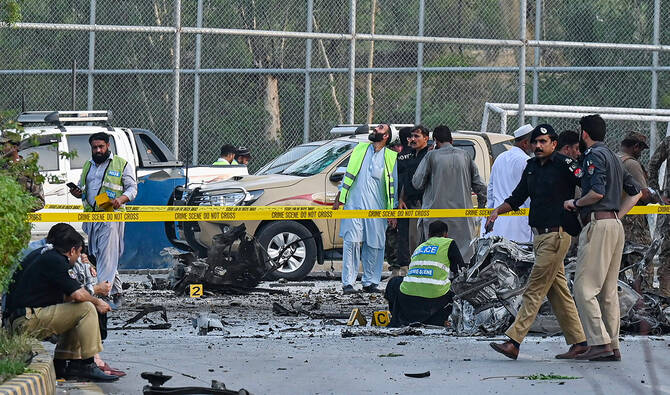By _shalini oraon

ICAR Data Breach: A Leadership Shake-Up Amidst a Deepening Crisis
In a move that has sent ripples through India’s agricultural and scientific communities, the Indian Council of Agricultural Research (ICAR) abruptly replaced the head of one of its premier institutes just three days before the end of his term. This sudden decision, officially framed as a routine administrative measure, is widely perceived as a direct consequence of a significant data breach that has compromised the sensitive information of thousands of scientists and staff, exposing systemic vulnerabilities and raising urgent questions about data security in the country’s premier agricultural research network.
The Breach: A Treasure Trove of Data Exposed
The crisis began to unfold when a massive dataset from the ICAR’s Institute of Horticultural Research (IHR) in Bengaluru was discovered on a popular data breach forum. The leaked data was not merely superficial; it was a deep and comprehensive cache containing:
· Personal Identifiable Information (PII): Aadhaar numbers, PAN cards, passport details, dates of birth, and genders of countless individuals.
· Financial Data: Bank account numbers, IFSC codes, and UPI IDs.
· Professional Information: Employee IDs, pay scales, grades, and designations.
· Internal System Data: User IDs and passwords for the institute’s internal portals.
The sheer scale and sensitivity of the exposed information constituted a “crown jewels” leak for any malicious actor. For the affected scientists and staff, it was a nightmare scenario, opening them up to severe risks of identity theft, financial fraud, and targeted phishing campaigns. The fact that Aadhaar numbers—the cornerstone of India’s digital identity infrastructure—were part of the breach elevated the seriousness of the incident to a national security concern.
The Abrupt Exit: Dr. K. K. Sarkar’s Unceremonious Departure
Against this backdrop of escalating panic and scrutiny, ICAR headquarters in New Delhi acted swiftly. Dr. K. K. Sarkar, the Director of IHR, Bengaluru, was replaced by Dr. A. K. Singh, the Director of the Indian Agricultural Research Institute (IARI), who was given additional charge of the institute. The official order, dated June 28, was effective immediately, cutting short Dr. Sarkar’s tenure by a mere 72 hours.
While the ICAR communiqué made no mention of the data breach, the timing was too conspicuous to be coincidental. In the tightly regulated world of government bureaucracy, allowing a director to complete a standard three-day notice period is a common courtesy. The decision to execute a mid-week, immediate transfer, just before the natural conclusion of a term, is a clear signal of displeasure and a move to assign accountability at the highest level of the institute’s leadership.
This action follows a well-established pattern in governmental crisis management: the removal of the figurehead to quell public anger and demonstrate that decisive action is being taken. However, it also raises a critical question: was this a justified act of holding a leader responsible for a catastrophic failure, or a sacrificial move that risks obscuring deeper, systemic failures within ICAR’s overarching IT infrastructure?
Systemic Failures: A Breach Waiting to Happen?
Cybersecurity experts who analyzed the nature of the breach suggest that the IHR incident is likely not an isolated failure but a symptom of a much larger problem. The leaked data appeared to be from internal management systems, pointing towards potential vulnerabilities such as unpatched software, weak access controls, or a lack of basic encryption protocols.
ICAR, a behemoth network of over 100 research institutes and agricultural universities across India, has been on a digitalization drive for years. However, the integration of advanced IT systems has often not been matched with a corresponding investment in cybersecurity hygiene and personnel training. Individual institutes may lack dedicated Chief Information Security Officers (CISOs), and IT staff are often overburdened with maintenance tasks rather than proactive security hardening.
The breach at IHR suggests that a “set-and-forget” mentality may have been in play, where systems were implemented but not continuously monitored, updated, and audited for vulnerabilities. In such an environment, a single point of failure—whether a misconfigured server, a phishing email successfully targeting an administrator, or an unpatched vulnerability—can lead to a cascading failure, exposing the data of the entire institution.
The Fallout and the Road Ahead
The immediate consequences are twofold. First, for the affected individuals, the breach represents a lasting threat. The exposed data, now in the wild, cannot be “un-leaked.” They will have to remain perpetually vigilant, monitoring their bank accounts for suspicious activity and guarding against sophisticated phishing attempts that use their personal details to appear legitimate.
Second, the reputational damage to ICAR is significant. As the apex body for agricultural research, it handles not only personnel data but also sensitive research related to plant genetics, climate-resilient crops, and proprietary agricultural data. A breach of this magnitude erodes trust among the scientific community, international collaborators, and the public. It calls into question the organization’s ability to serve as a safe custodian of critical national assets.
The replacement of the director is a first step, but it cannot be the last. A transparent, thorough forensic audit is required to determine the root cause of the breach. ICAR must urgently:
1. Invest in a Centralized Security Framework: Move beyond a siloed approach where each institute manages its own IT security. A centralized, robust security operations center (SOC) for the entire ICAR network could provide standardized protection and rapid response capabilities.
2. Mandate Regular Audits and Training: Implement compulsory, periodic cybersecurity audits for all institutes and enforce regular, rigorous training for all staff to recognize and mitigate threats like phishing.
3. Enforce Data Encryption and Access Controls: Ensure that all sensitive data, both at rest and in transit, is encrypted. Access to critical databases must be governed by the principle of least privilege.
4. Communicate Transparently: Provide clear, ongoing communication to the affected individuals about the steps being taken, the risks they face, and the support available to them.
The ICAR data breach and the subsequent, abrupt change in leadership at IHR, Bengaluru, is more than an administrative reshuffle. It is a stark warning. It highlights the critical intersection of scientific advancement and digital vulnerability. As India pushes forward with its digital India mission, the protection of the data that fuels its key sectors—from agriculture to healthcare—is paramount. The heads that roll may capture the headlines, but the real work lies in fortifying the foundations to prevent the next breach from happening at all.
Discover more from AMERICA NEWS WORLD
Subscribe to get the latest posts sent to your email.









































Leave a Reply